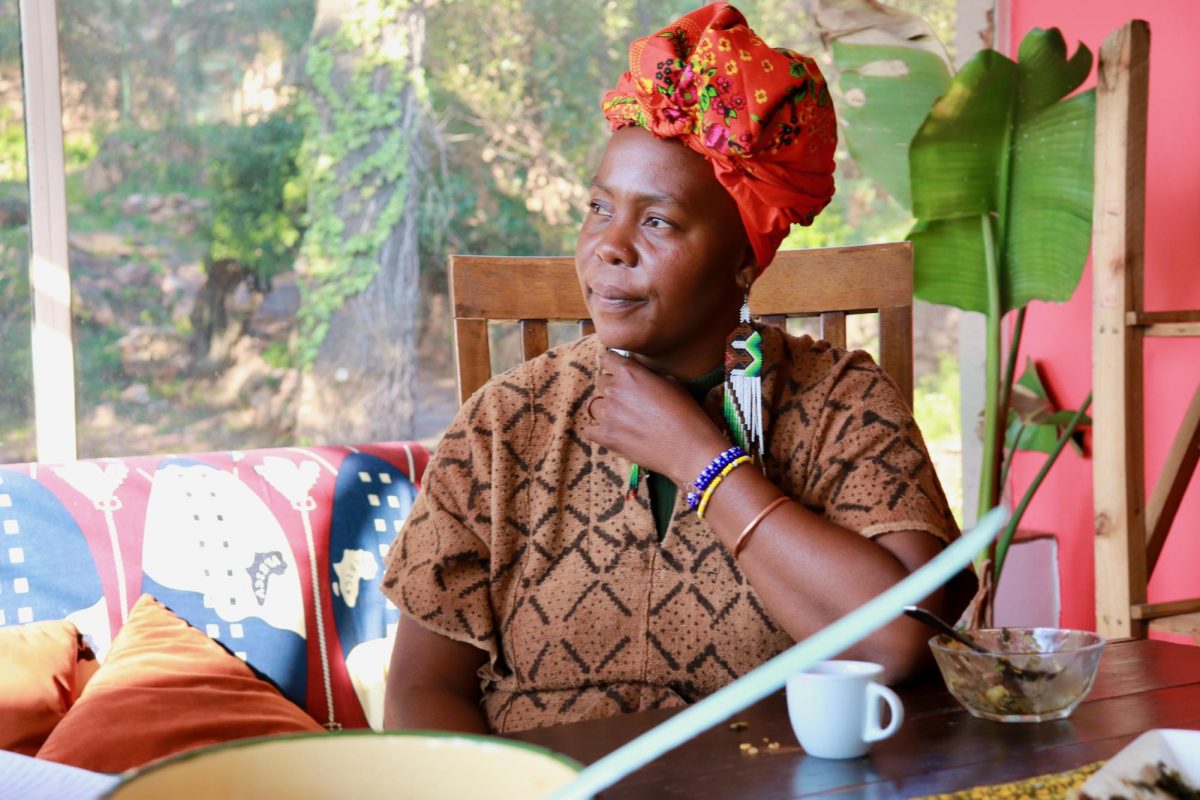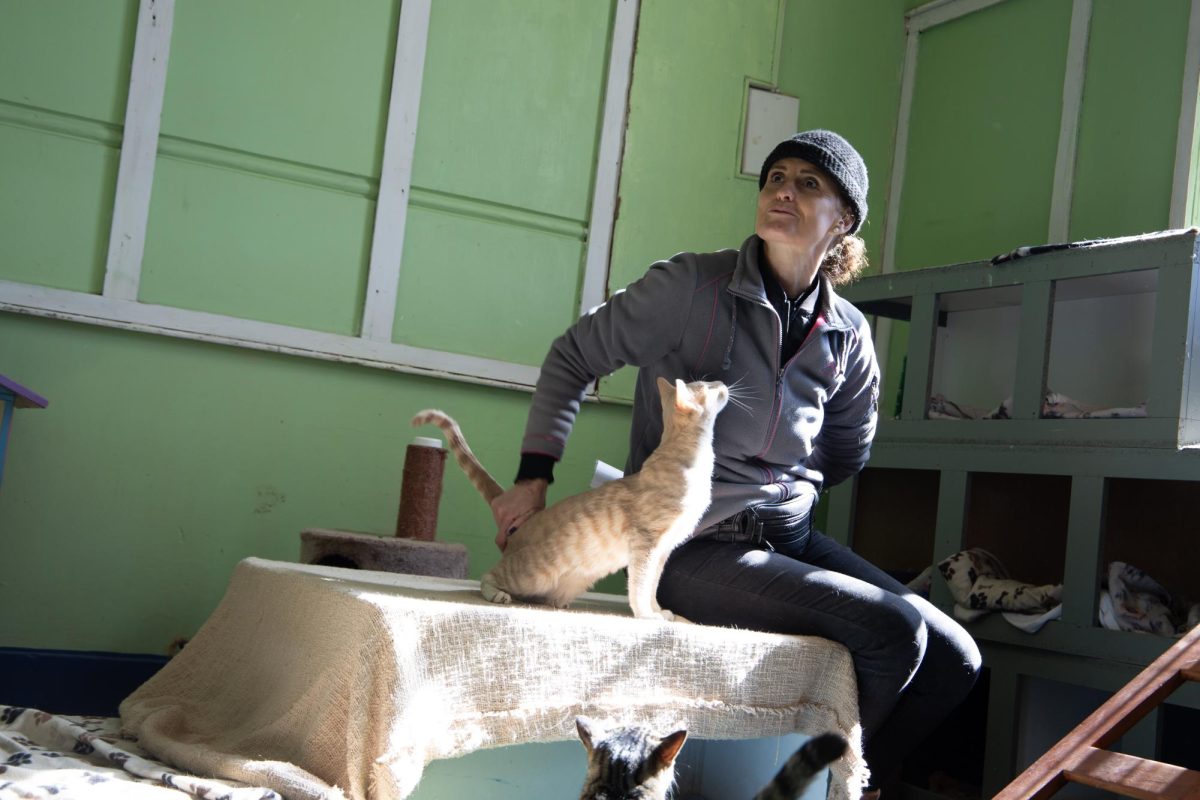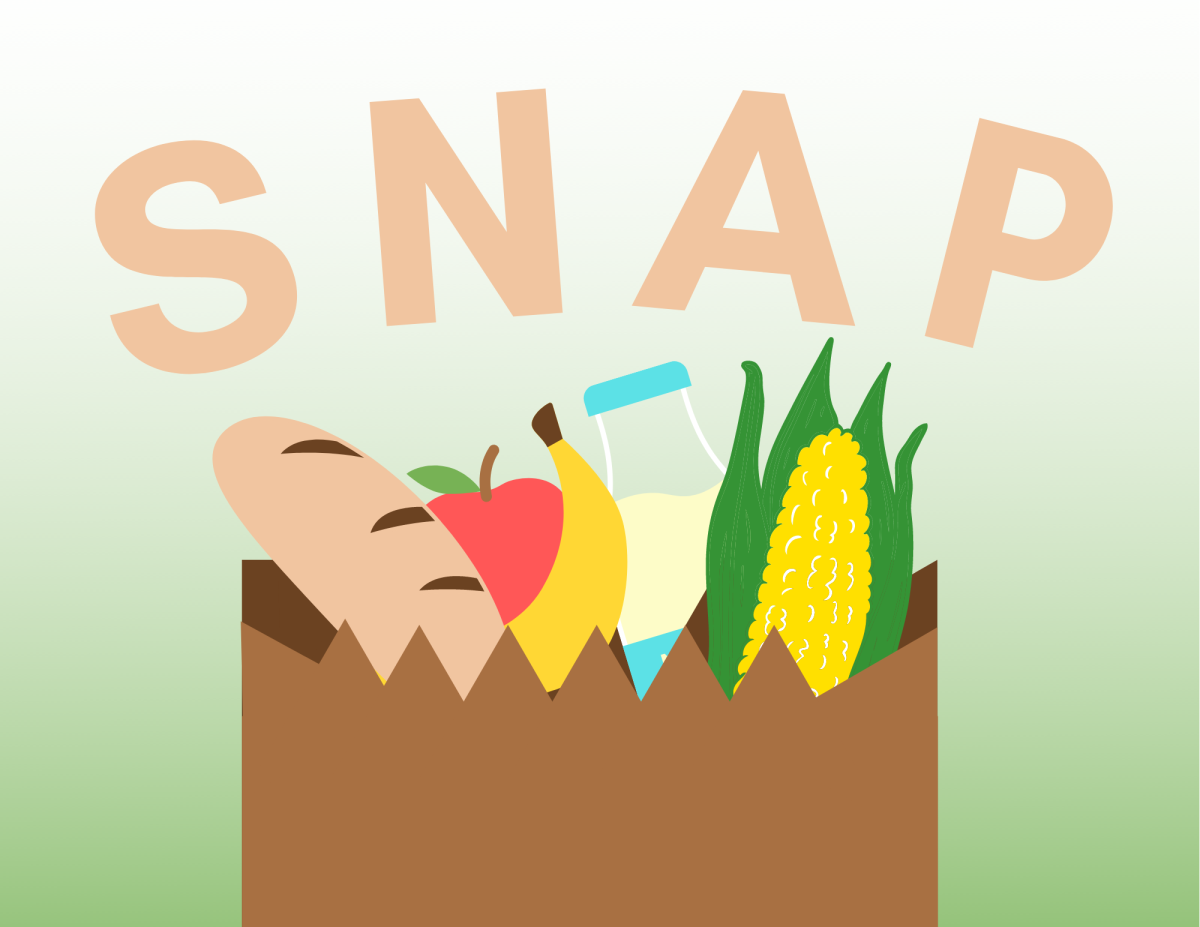Addressing the stigma around nutrition assistance programs
The Supplemental Nutrition Assistance Program (SNAP), is a social safety net program that “provides nutrition benefits to supplement the food budget of needy families so they can purchase healthy food and move towards self-sufficiency.”
At the start of the pandemic, SNAP increased monthly benefits to families with children. The updated COVID-19 benefits are known as Pandemic Electronic Benefit Transfer (P-EBT), and aid families with “children who would have received free or reduced price meals under the National School Lunch Act if their schools were not closed or operating with reduced hours or attendance,” according to the United States Department of Agriculture (USDA). SNAP has also been modified to include online e-commerce grocery purchases during the pandemic, and works with multiple different retailers that have allowed the modifications across the U.S.
According to data from the USDA, SNAP benefits were granted to about 40 million people, with an average of $155 per person each month in 2020. Applying for SNAP has to be done online, meaning people who are eligible need to have access to both WiFi and a computer or smartphone. It requires submitting documents, making phone calls and having all income information, identification, social security and proof of citizenship, making eligibility for applying as an undocumented individual or family more difficult.
Immigrant children under 18 are eligible, but their parents are not. Certain refugees admitted into the U.S. under certain qualifications of the Immigration and Nationality Act (INA) can apply, but other refugees who don’t fit the specific outlines of the INA cannot.
SNAP addresses food insecurity for millions of households and is intended to supplement part of a family’s grocery budget, but it rarely covers all of a family’s food needs. SNAP cannot be used for anything that is not food, including, but not limited to, diapers, toothbrushes, soap and shampoo or pads and tampons. These items are often costly, and have to be paid for out of pocket, which is a challenge for struggling families.
Often, families combine SNAP with out-of-pocket purchases and what is available at food pantries in their area. I have volunteered at Arm in Arm, a food pantry in Trenton, New Jersey, where the poverty rate in 2019 was 28.7%, compared to New Jersey’s 9.2%. According to pre-pandemic data from Arm in Arm, about 50% of pantry users used the SNAP program, yet had to rely on the pantry to supplement food and a limited selection of personal care products.
SNAP and other social service programs also have a long-standing stigma surrounding them that needs to be dispelled. The myth of the “welfare queen” has developed as a way to degrade and demonize SNAP recipients. It refers to a mother (almost always a Black mother) who lives “comfortably” off of government benefits alone and has no plans to seek out employment and is basically “growing rich” off of the government. It’s been used as a racial dog whistle starting in the 1980s.
Actual fraud, known as “payment errors” within SNAP and other benefit programs, is very low (around 3-4%), and mostly is due to government error of money being sent in wrong amounts or to the wrong people. It’s also very difficult to get by on government benefits alone.
SNAP is an essential program that provides access for eligible individuals and families all over the U.S. to get access to food they need each month. But like the few social safety nets the U.S. government has in place, it is in real need of improvements to keep up with the changing and evolving needs of low-income families in the U.S.
U.S. President Joe Biden’s changes during the pandemic have been a good start, but what SNAP could really use is a revamp that extends to personal care products, as well as an increased monthly budget. Families receiving SNAP and other benefits shouldn’t have to outsource to a food pantry for food each month because the government doesn’t provide them with the resources they need to get through the month. As a country, we need to decide: is healthy food for all families a right or a privilege?







































